The Delightful Zahedi Date: A Gift from the Middle East
The Zahedi date, also known as Qasab date, is a versatile and delicious fruit native to the Middle East. Renowned for its unique taste and texture, it has become a popular export worldwide. This article delves into the world of Zahedi dates, exploring their origin, varieties, health benefits, and culinary uses.
A Legacy of Sweetness: Unveiling the Zahedi Date’s Origin
The Zahedi date (Zahidi meaning “ascetic” in Arabic) boasts a rich history originating in Iraq. Cultivated for centuries, it has become the most widely grown date cultivar in the country. Flourishing in the tropical and southern regions of Iran as well, Iranian Zahedi dates have gained recognition for their exceptional quality and flavor profile. Today, Zahedi dates are cultivated not only in Iraq and Iran but also in countries like Djibouti, Chile, Peru, India, Israel, Palestine, and Syria.
A Spectrum of Varieties: Exploring Iranian and Iraqi Zahedi Dates
While sharing the same name, Iranian Zahedi dates and Iraqi Zahedi dates offer distinct characteristics.
Origin and Environment: Iraqi Zahedi dates hail from Iraq, where specific growing regions influence their properties. Iranian Zahedi dates, on the other hand, are cultivated in the unique environmental conditions of Iran.
Taste and Texture: Iranian Zahedi dates tend to be drier and less sweet compared to their Iraqi counterparts, which boast a slightly sweeter taste. Texture-wise, Iraqi Zahedi dates are typically softer and juicier, while Iranian Zahedi dates are firmer and drier.
Color: The color of Zahedi dates can also vary by origin. Iraqi Zahedi dates often have a darker brown hue, while Iranian Zahedi dates tend to be lighter in color, ranging from golden yellow to light brown.
Storage: The traditional storage methods also differ. Iraqi Zahedi dates are commonly stored in plastic bags with some moisture to retain their softness. Iranian Zahedi dates, due to their drier nature, don’t require such specific storage conditions.
A Nutritional Powerhouse: Unveiling the Health Benefits of Zahedi Dates
Beyond their delightful taste, Zahedi dates are a treasure trove of essential nutrients. Here’s a glimpse into their health benefits:
Energy Booster: Packed with natural sugars like fructose and glucose, Zahedi dates provide a quick and sustained energy source.
Rich in Vitamins and Minerals: Zahedi dates are a natural source of vitamins B6, essential for energy metabolism and brain function. They also contain minerals like potassium, crucial for regulating blood pressure and muscle function, copper for collagen production and iron absorption, and magnesium for maintaining healthy bones and nerve function.
Fiber for Gut Health: The high fiber content in Zahedi dates promotes healthy digestion and gut health.
Potential Benefits for Diabetics: Compared to other fruits, Zahedi dates have a lower sugar content and a potentially lower glycemic index, making them a better choice for diabetics seeking natural sweeteners (consult a healthcare professional for personalized dietary advice).
Natural Source of Antioxidants: Zahedi dates contain antioxidants that may help protect against cell damage and chronic diseases.
A Culinary Adventure: Exploring the Uses of Zahedi Dates
The versatility of Zahedi dates extends beyond simply being a delicious snack. Here are some ways to incorporate them into your diet:
Enjoy them Whole: Savor the natural sweetness and satisfying texture of Zahedi dates on their own.
Add them to Yogurt, Oatmeal, or Granola: Chopped Zahedi dates add a burst of sweetness and a delightful chewy texture to your breakfast routine.
Baking with Dates: The natural sweetness of Zahedi dates makes them a healthy substitute for sugar in various baked goods like cookies, muffins, and bread.
A Decadent Treat: Stuff Zahedi dates with nuts like almonds or walnuts and cheese for a more decadent and protein-rich snack.
A Sustainable Choice: The Environmental Benefits of Zahedi Dates
Choosing Zahedi dates can be an environmentally friendly decision. Date palms, unlike many other fruit trees, require minimal water and thrive in arid climates. Their cultivation promotes sustainable agricultural practices by utilizing less water and resources.
A Cultural Delight: The Significance of Zahedi Dates
In countries like Iran, Zahedi dates hold cultural significance. They are often enjoyed during Ramadan and other religious festivals, symbolizing hospitality and generosity.
Beyond the Basics: Exploring Different Grades and Selection Tips
Zahedi dates come in various grades, affecting their taste and texture. Higher grades tend to be larger, plumper, and have a more uniform color. When selecting Zahedi dates, look for:
- Color: A consistent light brown to golden yellow color for Iranian Zahedi dates, and a slightly darker brown for Iraqi Zahedi dates. Avoid dates with blemishes or discoloration.
- Texture: Dates should feel slightly soft but not mushy. Avoid dates that are too hard or brittle, as they might be old.
- Wrinkles: A few wrinkles are normal, especially for Iranian Zahedi dates. However, excessive wrinkles indicate dryness.
Storing Your Zahedi Dates for Optimal Freshness
Due to their drier nature, Iranian Zahedi dates have a longer shelf life and require less specific storage compared to Iraqi Zahedi dates. Here are some general storage tips:
- Airtight Container: Store your Zahedi dates in an airtight container at room temperature to maintain freshness and prevent them from drying out further.
- Refrigerator Option (Optional): While not necessary, storing your Zahedi dates in the refrigerator can extend their shelf life even further. They will become firmer when chilled, so take them out a few minutes before enjoying them to soften slightly.
- Freezing for Long-Term Storage: For long-term storage, Zahedi dates can be frozen in an airtight container. They will last for up to a year in the freezer. Thaw them in the refrigerator or at room temperature before consuming.
In Conclusion: The Zahedi Date – A Sweet and Nutritious Treat
The Zahedi date, with its unique taste, versatility, and rich nutritional profile, is a delightful addition to any diet. Whether you savor them whole, incorporate them into your culinary creations, or appreciate their cultural significance, Zahedi dates offer a taste of the Middle East and a multitude of health benefits. So, next time you’re looking for a satisfying and nutritious snack, consider reaching for a Zahedi date.
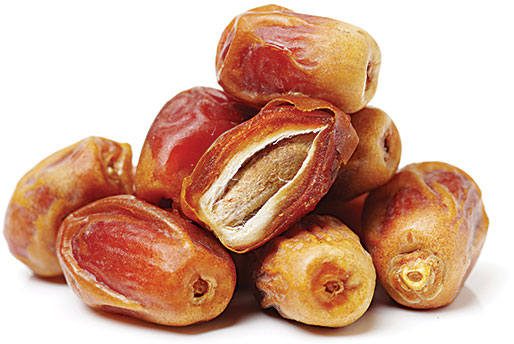
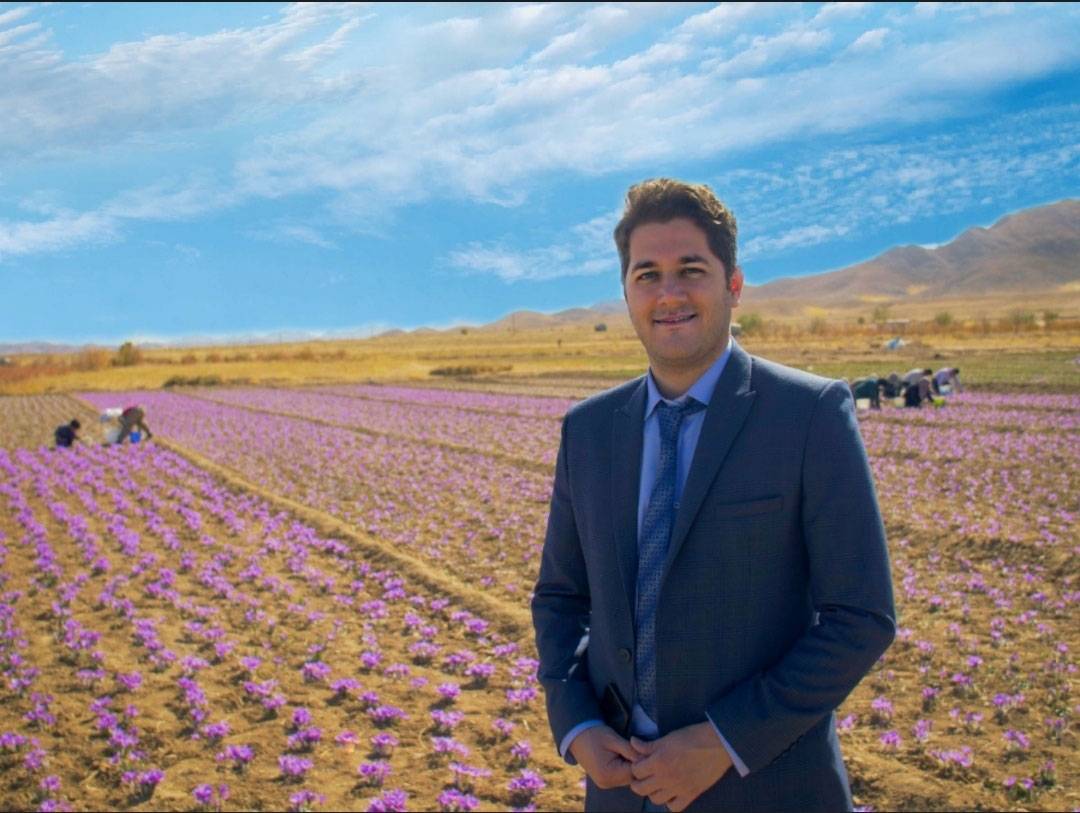
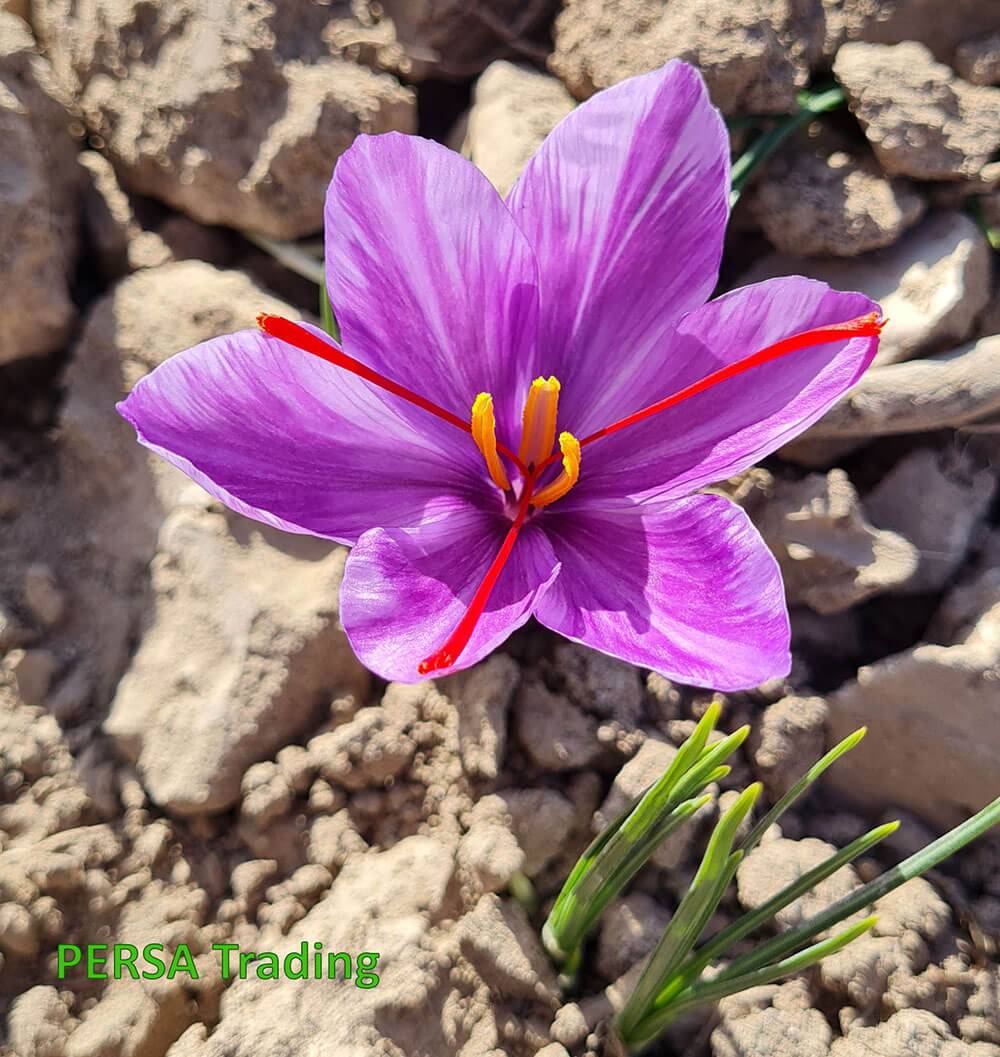
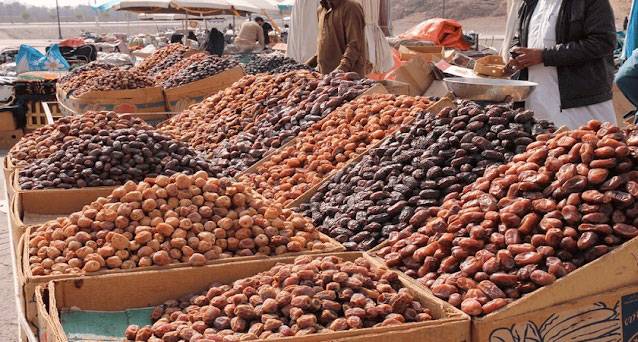
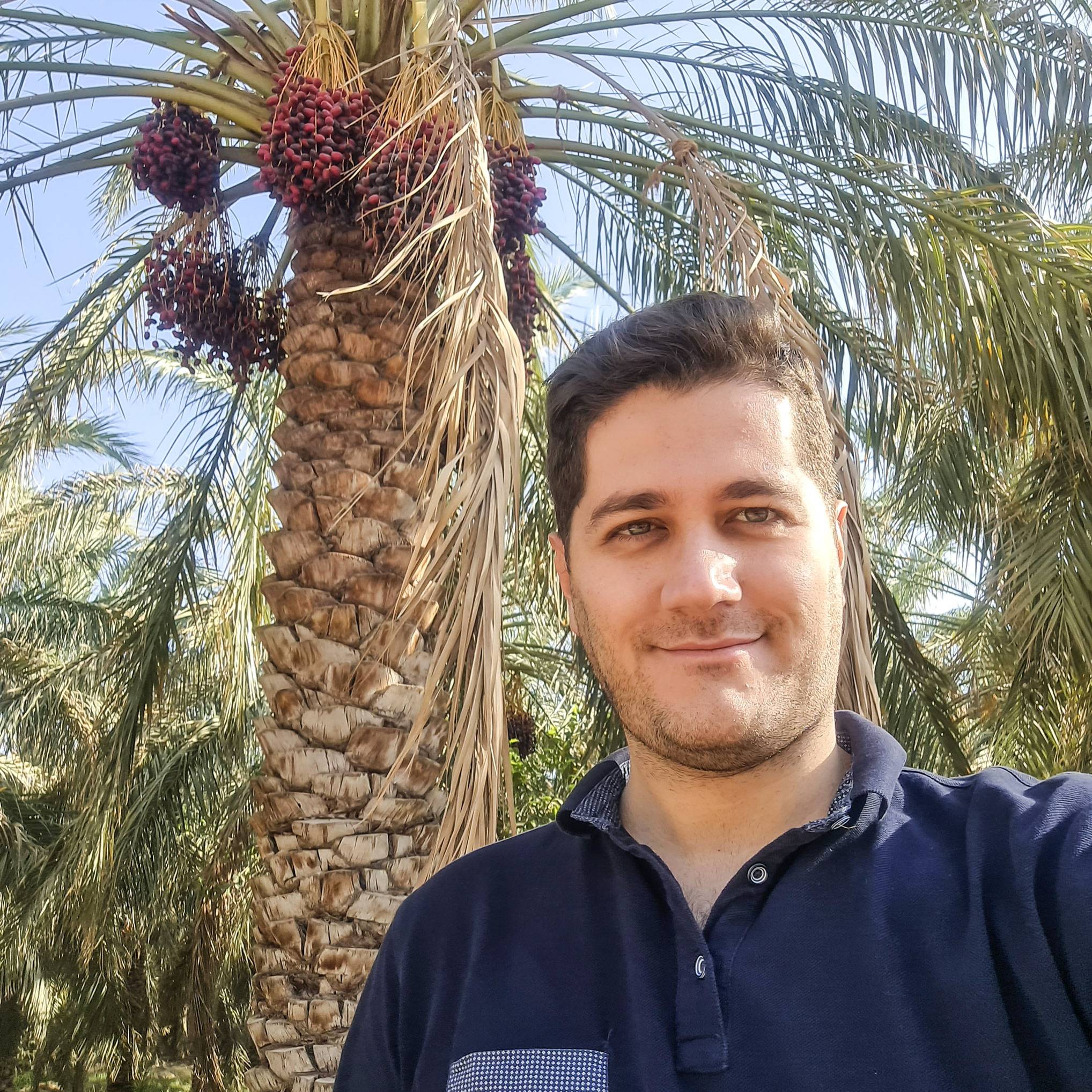
Asif
Hi,
I’m a wholesaler interested in Zahedi dates. Can you provide pricing details, bulk order options, and shipping terms for international delivery?
Siraj Bhai
Hello,
Can you supply Iranian and Iraqi Zahedi dates? Could you share information about the payment methods you accept and estimated delivery times for bulk orders?
Rohit V.
Hi, I run a natural foods store and Zahedi dates caught my attention. Can you share more about the sustainable practices employed in their cultivation and processing?